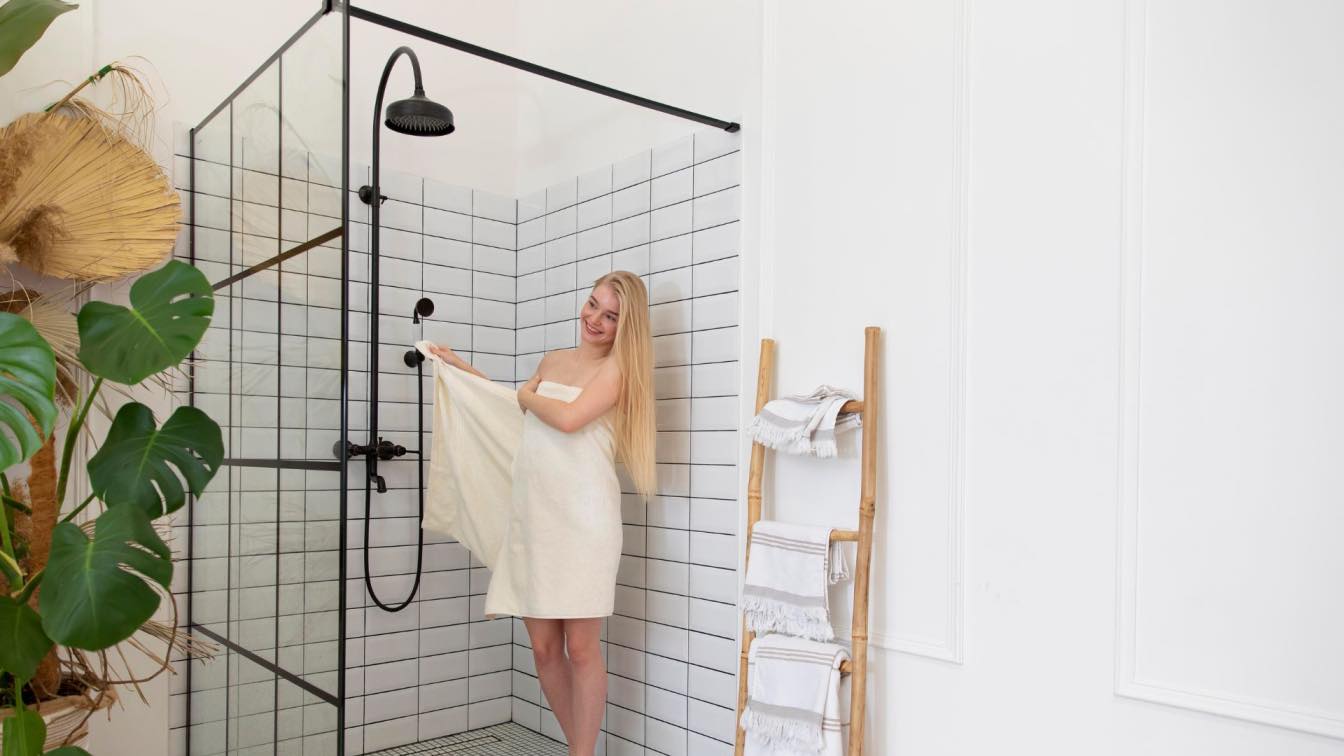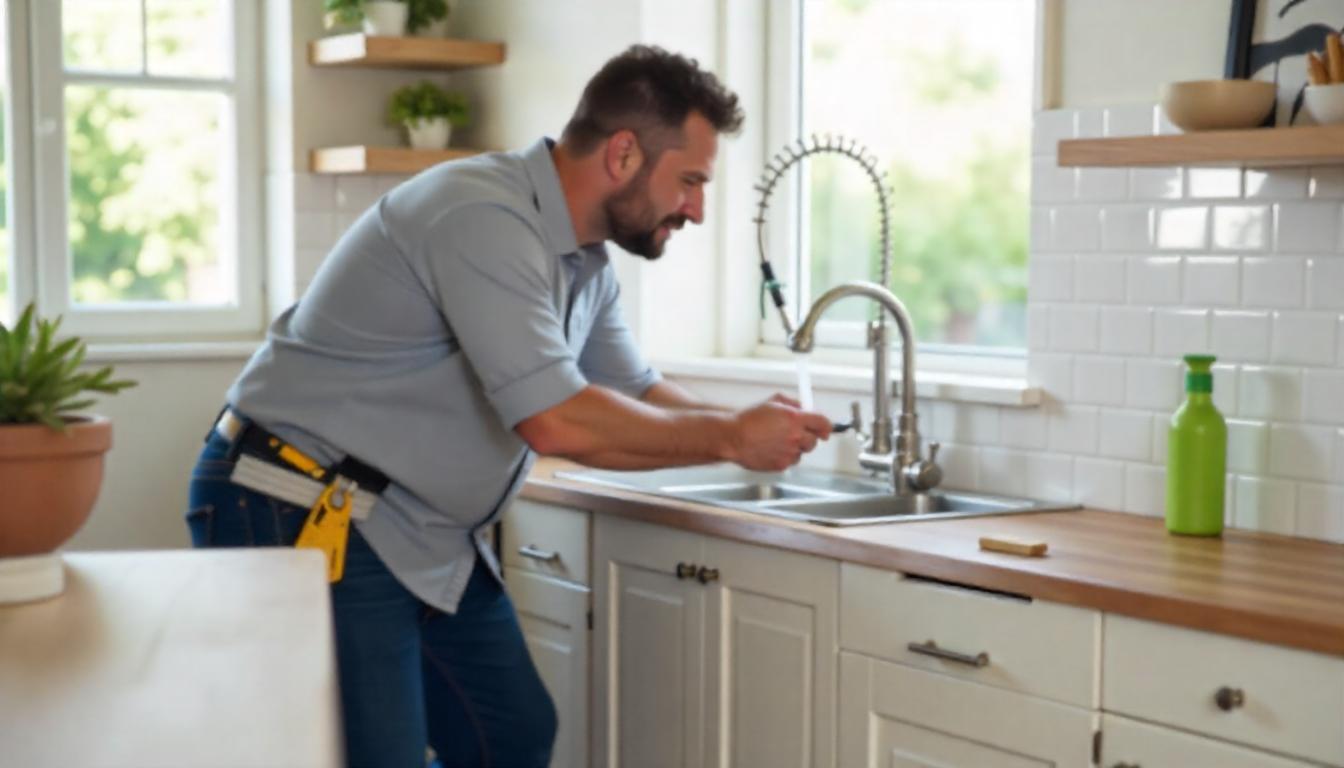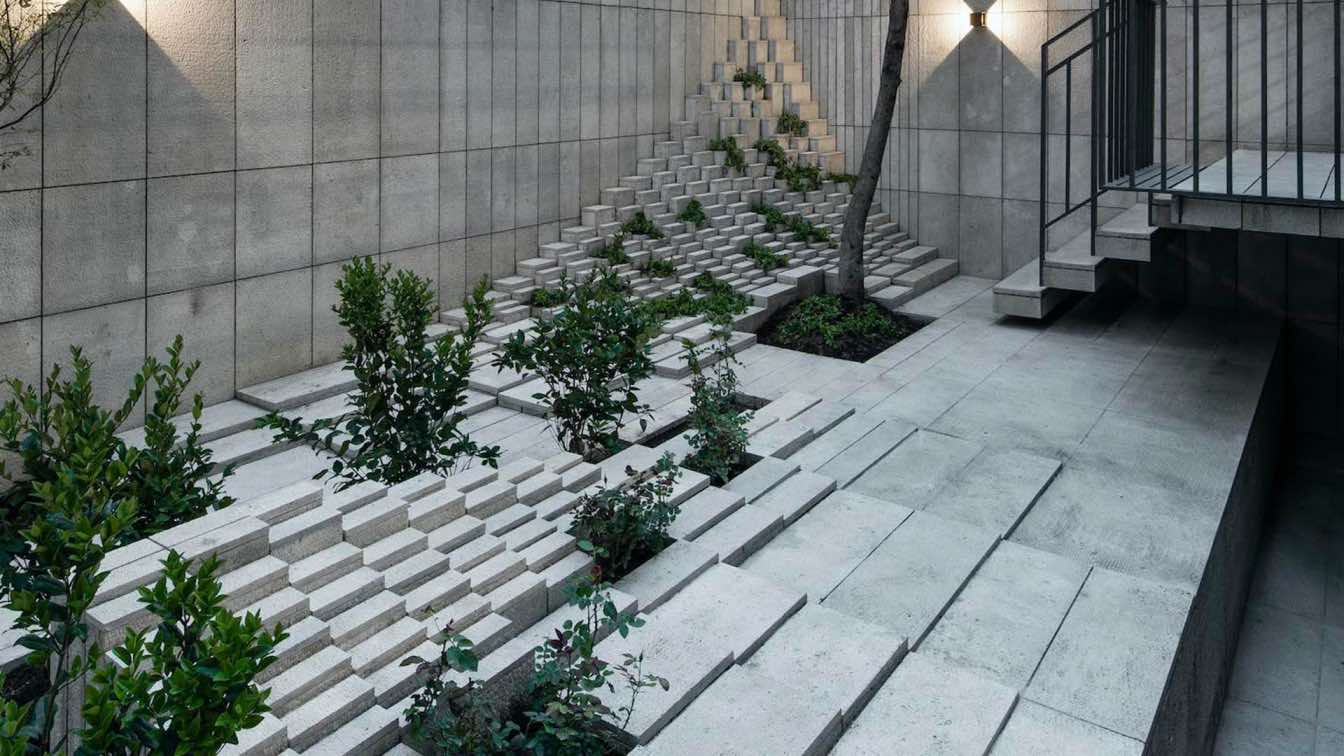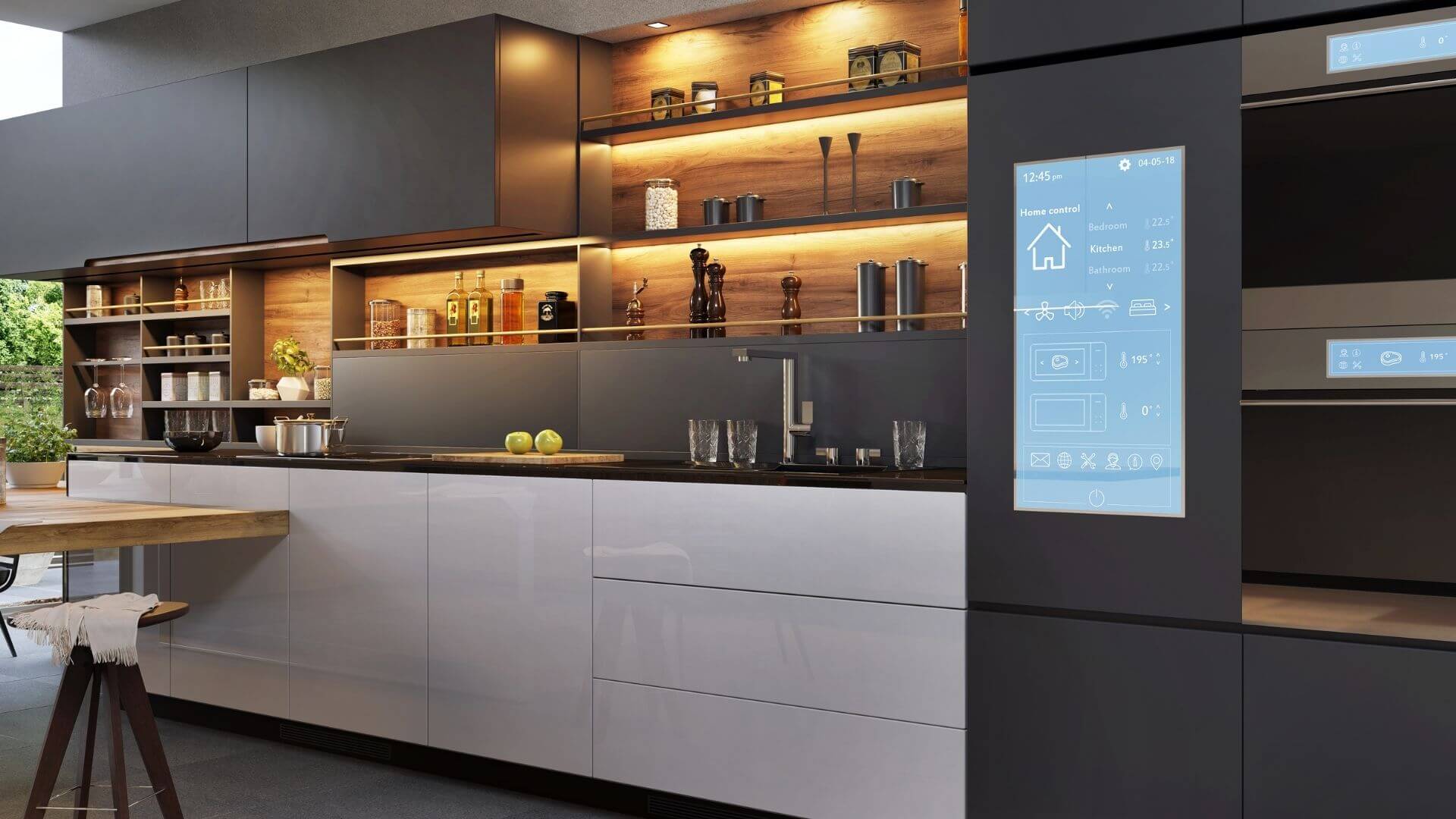Understanding Shower Screens
Shower screens are essential components of any bathroom as they help to prevent water from splashing onto the floor and keep the bathroom dry. Shower screens come in a variety of shapes, sizes, and materials, and choosing the right one for your bathroom can be a daunting task.
The most common types of shower screens are framed, semi-framed, and frameless. Framed shower screens are made of aluminum or other metals and have a frame around the glass panels. Semi-framed shower screens have a frame around the perimeter of the screen, but the door is frameless. Frameless shower screens are made of thick tempered glass and have no visible frame.
When choosing a shower screen, it is important to consider the size and layout of your bathroom, as well as your personal style and budget. The size of the shower screen should fit the size of your shower area, and the layout should allow for easy access in and out of the shower.
In addition to the type and size of the shower screen, the glass thickness, quality, and finish are also important factors to consider. Thicker glass is more durable and less likely to break, while high-quality glass is less likely to scratch or become cloudy over time. The finish of the glass can also affect the overall look of the bathroom and should be chosen based on personal preference.
Overall, understanding the different types, sizes, and materials of shower screens can help you make an informed decision when choosing the right one for your bathroom.
Hiring a Professional to Install Your Shower Screen
If you are not comfortable installing the shower screen yourself, it is always best to hire a professional Melbourne shower screen installer. This will ensure that the job is done correctly and will save you time and money in the long run. A professional will also have the necessary tools and experience to complete the job efficiently.
When hiring a professional, make sure to do your research and find someone who is licensed and insured. You can also ask for references and read reviews from previous customers to ensure that you are hiring a reputable contractor.
Overall, hiring a professional to install your shower screen is a great option if you are not confident in your own abilities or if you want to ensure that the job is done correctly.
Types of Shower Screens
Framed Shower Screens
Framed shower screens are the most common type of shower screen. They have metal frames around the glass panels, which provide stability and support. These shower screens are typically less expensive than other types, and they come in a variety of styles and finishes to match any bathroom decor. However, the frames can be difficult to clean, and they may collect soap scum and mildew over time.
Semi-Framed Shower Screens
Semi-framed shower screens are similar to framed shower screens, but they have less metal framing around the glass panels. This gives them a more modern and sleek appearance, while still providing the stability and support of a framed shower screen. These shower screens are also less expensive than frameless shower screens, but they may still collect soap scum and mildew in the metal frames.
Frameless Shower Screens
Frameless shower screens are a popular choice for modern bathrooms. They have no metal frames around the glass panels, which gives them a clean and minimalist appearance. These shower screens are easy to clean, and they don't collect soap scum or mildew in metal frames. However, they are typically more expensive than framed or semi-framed shower screens, and they may require professional installation.
Sliding Shower Screens
Sliding shower screens are a practical choice for smaller bathrooms or shower enclosures. They have two or more glass panels that slide along a track to open and close. These shower screens are easy to use and maintain, and they don't require much space to operate. However, they may not provide as much access to the shower as other types of shower screens, and they may be more difficult to clean than frameless shower screens.
Materials Used in Shower Screens
Glass Shower Screens
Glass shower screens are a popular choice for their sleek, modern look and durability. They are made of tempered glass, which is heat-treated to make it stronger and less likely to break. Tempered glass is also safer than regular glass because it breaks into small, rounded pieces instead of sharp shards.
Glass shower screens come in a variety of styles and thicknesses. Thicker glass is generally more durable, but also more expensive. Some glass shower screens are frosted or textured for added privacy.
Acrylic Shower Screens
Acrylic shower screens are a more affordable alternative to glass. They are made of a lightweight, shatterproof plastic that is easy to clean and maintain. Acrylic shower screens are also less likely to break than glass, making them a safer option.
Acrylic shower screens come in a variety of colors and styles, including clear, frosted, and textured. However, they are not as durable as glass and may scratch or discolor over time.
That's it for the Materials Used in Shower Screens section.
Maintenance and Cleaning Tips
Routine Cleaning
To keep your shower screen looking its best, it's important to clean it regularly. Here are some tips for routine cleaning:
- Use a squeegee or microfiber cloth to wipe down the screen after each use. This will help prevent water spots and soap scum buildup.
- Use a mild, non-abrasive cleaner to wipe down the screen once a week. Avoid using harsh chemicals or abrasive scrubbers, as these can damage the screen.
- Pay special attention to the bottom of the screen, where soap scum and grime tend to accumulate. Use a soft-bristled brush to gently scrub away any buildup.
Deep Cleaning
If your shower screen is looking particularly dirty or stained, you may need to give it a deeper clean. Here are some tips for deep cleaning:
- Mix equal parts white vinegar and water in a spray bottle. Spray the solution onto the screen and let it sit for 10-15 minutes.
- Use a soft-bristled brush to gently scrub away any stains or buildup. Be careful not to scrub too hard, as this can scratch the screen.
- Rinse the screen thoroughly with warm water, and dry it with a squeegee or microfiber cloth.
Remember to always follow the manufacturer's instructions for cleaning and maintenance, as some shower screens may require special care. With regular cleaning and maintenance, your shower screen will stay looking great for years to come.





